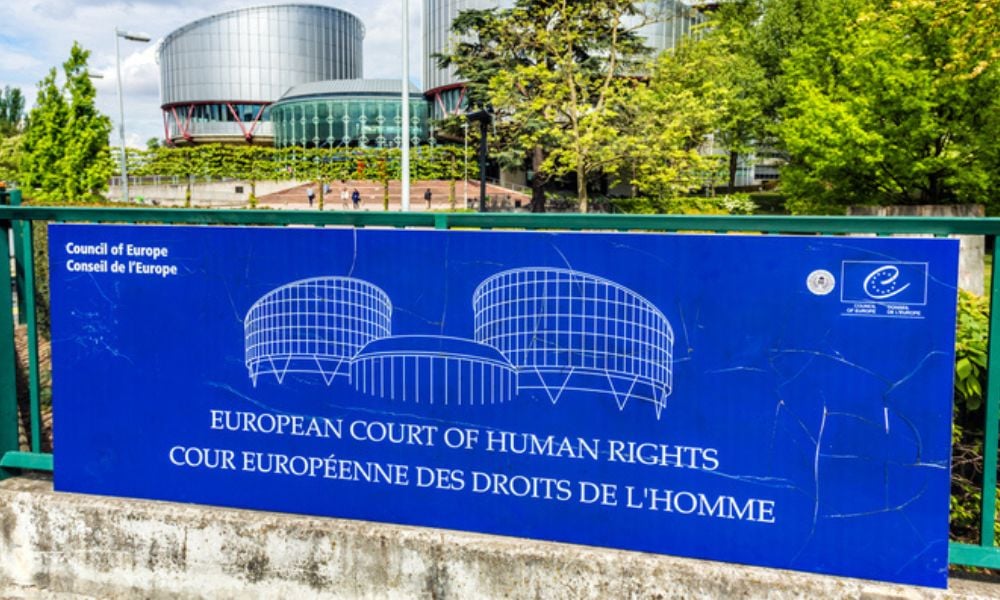ECHR said the questions raised by the Estonian court are covered by well-established case law

The European Court of Human Rights (ECHR) has decided not to grant an advisory opinion requested by the Supreme Court of Estonia concerning the principle of “ne bis in idem,” commonly known as double jeopardy.
The request, submitted in December 2023, aimed to clarify aspects of Article 4 of Protocol No.7 to the Convention for the Protection of Human Rights and Fundamental Freedoms, specifically regarding the interpretation of what constitutes an "acquittal" and whether a prosecutor's decision to terminate criminal proceedings could be revoked within the statute of limitations.
The ECHR concluded that the questions raised by the Estonian court are covered by well-established case law, thus delegating the responsibility back to the national court to apply these precedents in light of domestic law and the specific facts of the case at hand.
Most Read
This decision came in the context of an appeal by former Tartu mayor, Aivar Soop, challenging his conviction on charges of embezzlement and wilful breach of public procurement rules. The appeal highlighted a procedural query: whether a district prosecutor's decision to halt criminal proceedings, later revoked by a senior prosecutor, breached the principle of not being tried or punished twice for the same offence.
The inquiry sought to explore the finality of prosecutorial decisions in the Estonian criminal justice system and their alignment with the principles underlined in Article 4(1) of Protocol No.7, which safeguards individuals from being prosecuted or penalized more than once for the same act. The Supreme Court's request specifically questioned whether a termination order issued by a prosecutor, following a substantive review that concluded the accused did not commit the offence, qualifies as an acquittal. Furthermore, it asked if such an order remains final and if it can be overturned by a higher-ranking prosecutor within the limitation period for the offence.
The ECHR's refusal to provide an advisory opinion is grounded in its assessment that the matters raised by Estonia fall squarely within the ambit of existing jurisprudence. The court has consistently held that a public prosecutor's discontinuation of criminal proceedings does not equate to an acquittal, thus not triggering the protections against double jeopardy as stipulated in Article 4 of Protocol No.7.
The decision leaves the Supreme Court of Estonia to resolve the appeal by former Mayor Soop, employing the ECHR's precedents alongside Estonian law.







